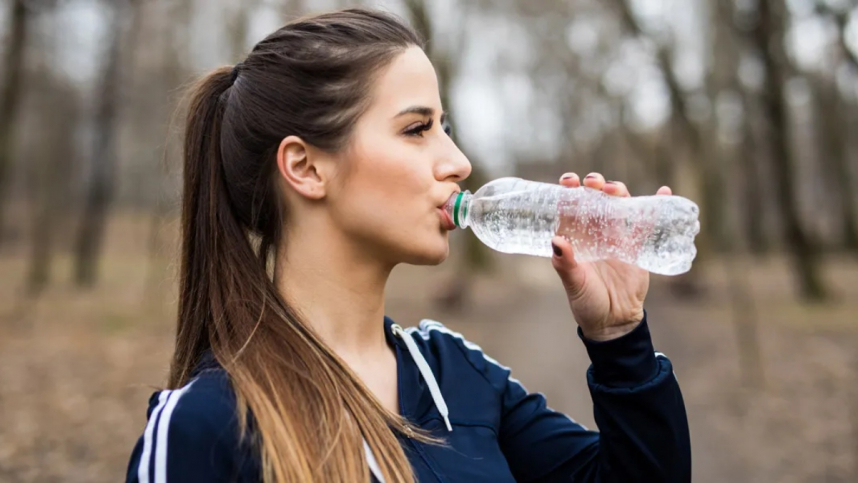
Imagine trying to fall asleep, but something unseen is keeping you awake. It might not just be stress or too much caffeine. New research reveals a concerning connection: chemicals in everyday plastics may be disrupting our sleep in a way similar to coffee, throwing off our biological clock.
This groundbreaking in vitro study, conducted on human cells in a lab and published in the scientific journal Environmental International, sheds light on a hidden risk lurking in many objects we use daily.
How Can Plastics "Wake Us Up"?
Researchers examined chemicals extracted from common plastic items, including a PVC medical feeding tube and a polyurethane hydration pouch (similar to those used by athletes). These materials, however, are ubiquitous in our environment: found in children's toys, food packaging, and even our home furniture.
The findings are revolutionary: they reveal for the first time how these chemicals disrupt the cellular signals that regulate our internal clock, causing a shift of up to 17 minutes.
Martin Wagner, co-author of the study and a plastic chemical researcher at the Norwegian University of Science and Technology, emphasizes the crucial role of our internal clock for our overall health and physiology. "This study adds to the increasing body of evidence that plastics contain compounds that cause a wide range of toxic effects," the authors state. The message is clear: "A fundamental shift in the design and production of plastics is essential to ensure their safety."

The Connection to Circadian Rhythm and Caffeine
Our circadian rhythm is essentially our biological clock that governs alertness and tiredness in response to daylight and darkness. Disruptions to this rhythm have been linked to an increased risk of obesity, dementia, and cardiovascular disease, among other serious health issues.
Research into plastic chemicals' toxicity often focuses on their impact on the hormonal system. However, this new study explores a different biological mechanism: the adenosine receptor. This receptor is central to the cellular control of the internal clock and plays a key role in relaying signals that regulate circadian rhythm.
Here's where the intriguing parallel with caffeine comes in:
- Caffeine deactivates the adenosine receptor, thereby boosting circadian rhythm and keeping us awake.
- In contrast, plastic chemicals activate the adenosine receptor, but surprisingly, they produce a similar effect of keeping us awake by delaying the body's natural physiological processes. As Wagner explains, the receptor in the brain "sends signals to the body that say 'the sun is coming up – let's start the day'." But when activated by these chemicals, that crucial message might be delayed.
While these plastic chemicals aren't as potent as caffeine, their impact on cellular processes occurs much more quickly than plastics' effects on hormones.
What Does This Mean for Our Health?
Although the precise extent of these effects on the human body remains unclear, Wagner states that it's "probably not good." While 15 minutes might seem minor, "it's such a tightly controlled clock that it's a significant shift," he adds.
The next step in the research will involve studying how these chemicals affect living organisms, such as zebrafish, which share some similar physiological processes with humans. Furthermore, future research will focus on identifying the specific chemicals within plastics and PVC that influence the sleep-wake cycle. It's worth noting that PVC can contain up to 8,000 different chemicals, many of which are unintentionally introduced as byproducts of the production process.
Wagner hopes that the findings from these studies will pressure lawmakers to enact stricter regulations and persuade the industry to remove these harmful chemicals from plastics.
Until then, awareness and seeking alternative solutions might be a crucial first step towards a healthier and more restful night's sleep.